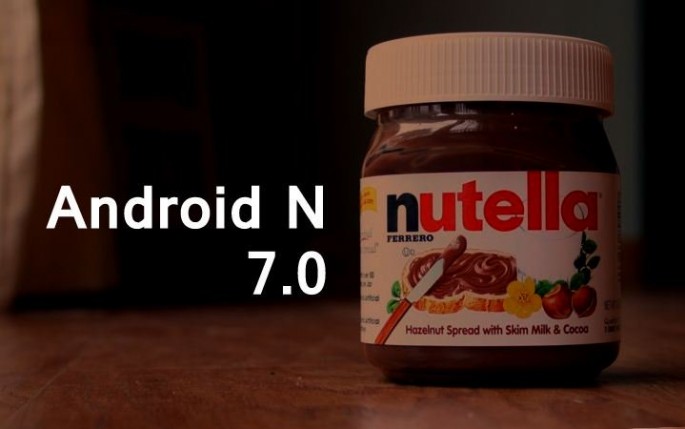Google's upcoming mobile operating system, Android N, is internally being called New York Cheesecake. The Android version brings two key features that will definitely work for the good of smartphones users - ART JIT and quick settings API.
For those who are not aware, previous Android versions such as KitKat, Lollipop, and Marshmallow has internal codenames, namely Key Lime Pie (klp), Lemon Meringue Pie (lmp), and Macadamia Nut Cookie (mnc) respectively. As a result, it is possible that New York Cheesecake (nyc) as unveiled by Android Police team via GSM Arena will be the final name for the upcoming Android release.
Google is also conducting online polls to finalize the name, with one asking users to fill in a "tasty food" that starts with N, while the other providing some options from which to choose. Meanwhile, Android N comes with a bunch of big features for users. Besides the multi-window multitasking mode, the refreshed notification and quick settings, and the new UI customization option, Android N will feature ART JIT and quick settings API, according to Ars Technica.
1. ART JIT
Initially, Google switched from Dalvik Java runtime to the Android Runtime (ART) with its 5.0 version, and it has continued to make changes and optimizations ever since. The upcoming Android N will introduce a big change with far-reaching consequences - after changing entirely ahead-of-time (AOT) code compilation in the ART's first version - this version re-introduces just-in-time (JIT) compilation under certain circumstances to fasten things in areas where ART slowed down.
Android N will rely on JIT compilation when an app is installed or after an OS update happens, making app installations and system updates much faster. This does not imply that Google is getting rid of all the benefits of AOT compilation.
Rather, it uses code profiling to establish sections of the apps used frequently, and it can use either AOT or JIT compilation based on which one makes the most sense for a particular app. AOT compilation is done only when the handset if idle and charging to preserve battery life.
2. Quick Settings API
On the other hand, Android N refreshes the quick settings panel, allowing for easier customization and use. The upcoming version includes an API that developers can use to create their own Quick Settings tiles.
According to Google, such tiles are reserved for actions or controls frequently used or urgently required. It is not appropriate to use these tiles are as shortcuts to launching an app.
Watch the clip below for further details on Android N features:



























